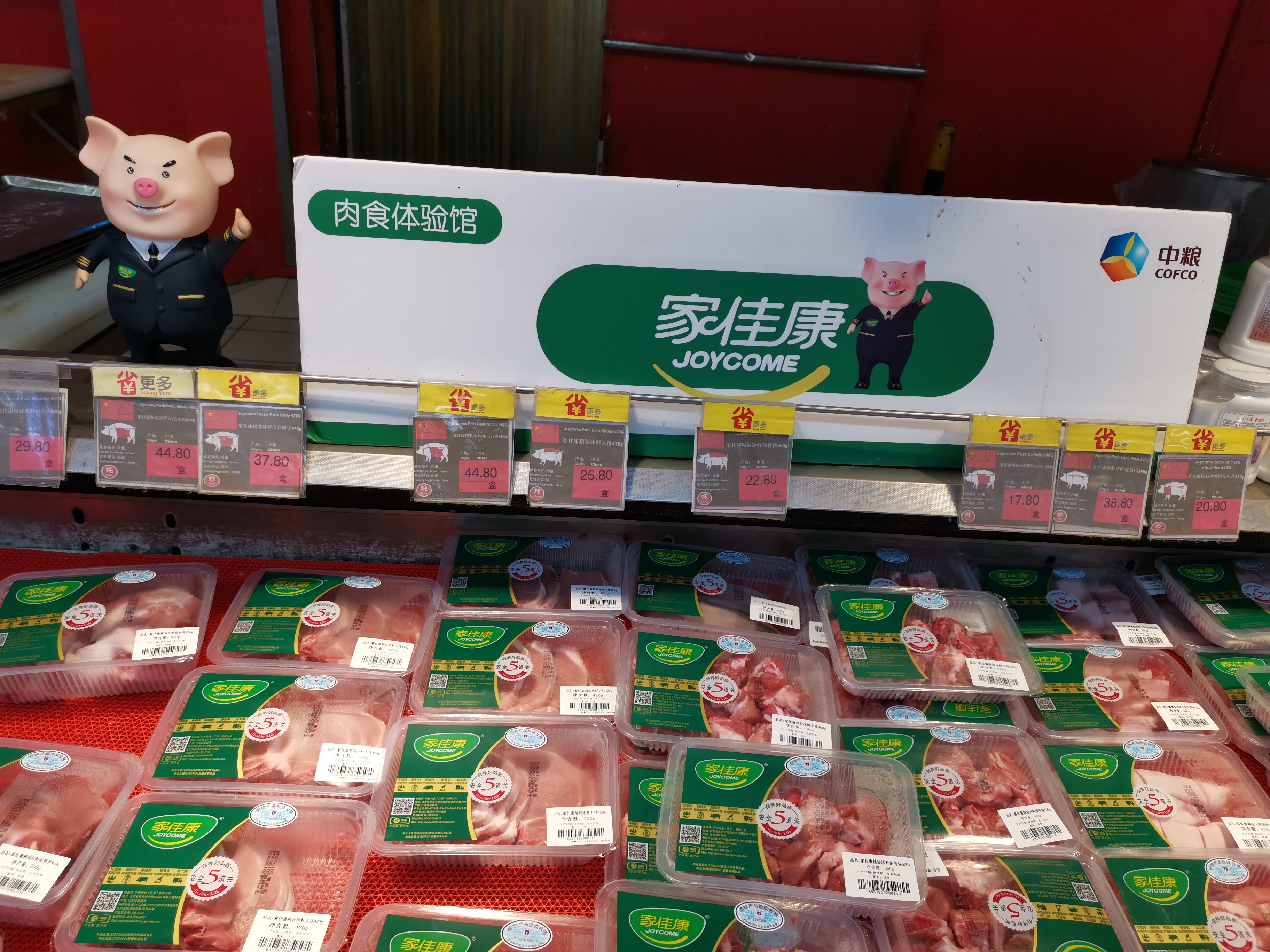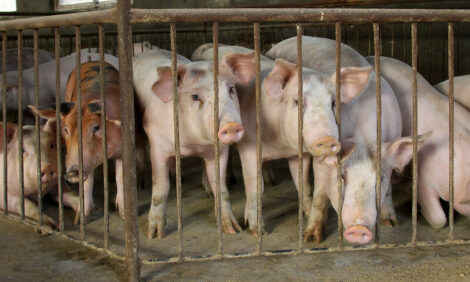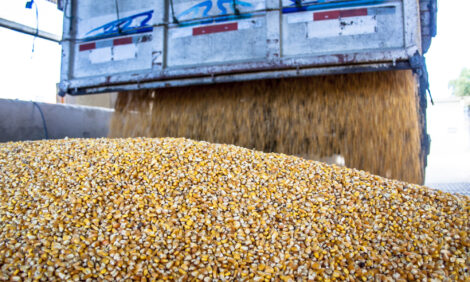



New referendum in Taiwan could have implications for US pork
Taiwan’s election commission has approved three new referendums in late August that could affect the island’s relations with the United states and its energy security if they are passed.Reuters reports that Taiwan’s referendums have increasingly been used to resolve contentious issues such as same-sex marriage, though they need a turnout of at least 25% of some 19 million eligible voters to be valid, with a majority voting "yes" to get passed.
"The Central Election Commission has deliberated on, and approved, three referendums," it said in a statement.

The two most contentious issues to be decided could have wider implications if approved when put to voters on 28 August.
One is whether to ban pork containing a leanness-enhancing additive, while the other concerns whether to change the site of a planned new liquefied natural gas (LNG) terminal to protect the maritime environment.
Last year, the government approved pork containing ractopamine, which is banned in the European Union and China though widely used in the United States, despite the objections of the main opposition party, the Kuomintang, on safety grounds.
The government hopes the move will pave the way for a free trade deal with Washington. Major Taiwan food firms have pledged not to sell or import pork made with ractopamine.
The LNG referendum asks whether the terminal should be relocated from a site that affects a northern algal reef. The government says the terminal is vital for energy security, and has already said it will change the site.
The third vote asks whether referendums should be held on the same day as general elections, which supporters say would lead to higher turnout.
A fourth referendum, on whether the government should continue building a stalled fourth nuclear power plant, has already been approved and also goes to the vote on 28 August. The government wants to phase out nuclear power.
The government is obliged to propose laws that reflect the results.






